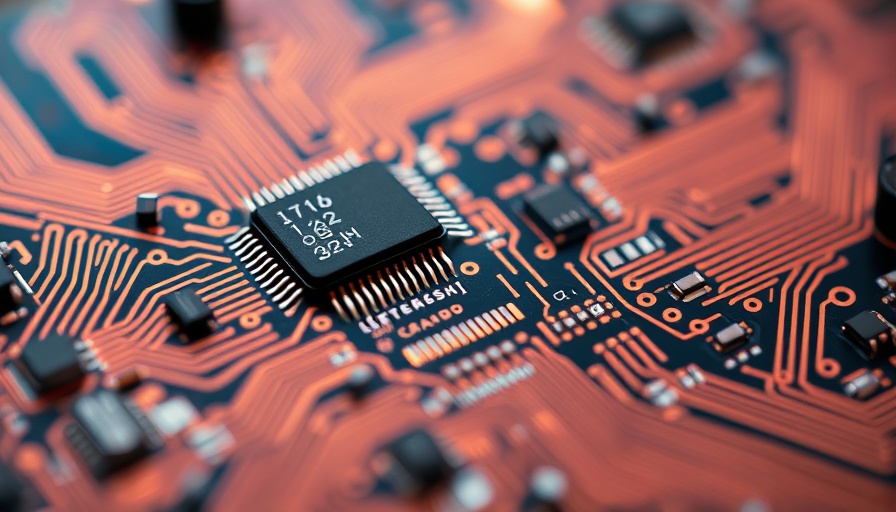
Why the CHIPS Act Remains Untouchable
In the wake of Republican skepticism towards the CHIPS and Science Act, recent events have underscored its crucial role in bolstering U.S. semiconductor manufacturing amidst rising global tensions. Despite former President Trump's recent criticism, including a call for repeal, GOP leaders are showing restraint, reflecting a broader consensus that this legislation is vital for national security and economic resilience.
Understanding the Bipartisan Backing of the CHIPS Act
While Trump denounced the CHIPS Act during a joint session of Congress, many Republican lawmakers, including influential figures like Senator John Cornyn, assert that the bipartisan support for this legislation is too strong to ignore. This $280 billion act not only invests in semiconductor production but also supports advanced manufacturing jobs, primarily in red states and swing districts, showcasing its significance to both economic and political landscapes.
Impact on the HVAC Industry and Energy Efficiency
Your involvement in the heated debate surrounding the CHIPS Act may stem from its potential implications on the HVAC industry and energy solutions. The CHIPS Act indirectly supports energy efficiency advancements which are necessary for modern HVAC systems, emphasizing the need for innovative technologies. Understanding how semiconductor developments can further our energy-efficient goals can help homeowners, property managers, and small business owners make more informed decisions regarding investments in HVAC systems.
Potential Risks of Repealing the CHIPS Act
Repealing the CHIPS Act could undermine domestic production capabilities and destabilize the U.S. technology sector. For HVAC professionals and consumers alike, this could mean a return to reliance on overseas semiconductor manufacturing, affecting the availability of advanced energy-efficient systems. As the HVAC industry increasingly relies on smart technologies powered by semiconductors, keeping this act intact is essential for ensuring a robust pipeline of innovations that benefit energy consumption and cost savings.
Future Trends: How Legislative Stability Affects HVAC Innovations
As the CHIPS Act continues to receive strong support, we can expect ongoing advancements in HVAC technologies that rely on improved semiconductor availability. Understanding the implications of this legislation allows readers to anticipate industry shifts. Energy efficiency trends are leaning towards systems that incorporate more advanced controls, sensors, and connectivity—elements that hinge on the semiconductor industry’s ability to produce high-quality, reliable components.
Conclusion: The Importance of Staying Informed
As stakeholders in the HVAC community, staying informed about legislative changes like the CHIPS Act is crucial. These policies not only shape the economic landscape but also have direct effects on the technologies we rely upon. Engaging with these developments empowers homeowners, property managers, and business owners to make educated choices, ensuring they invest wisely in energy-efficient systems.
For those looking to enhance their home's energy efficiency, consider exploring innovative HVAC systems on the market that leverage the advancements fueled by the CHIPS Act. These solutions potentially offer significant energy savings and improved indoor air quality, which are essential components for creating a comfortable living and working environment.
 Add Row
Add Row  Add
Add 




Write A Comment